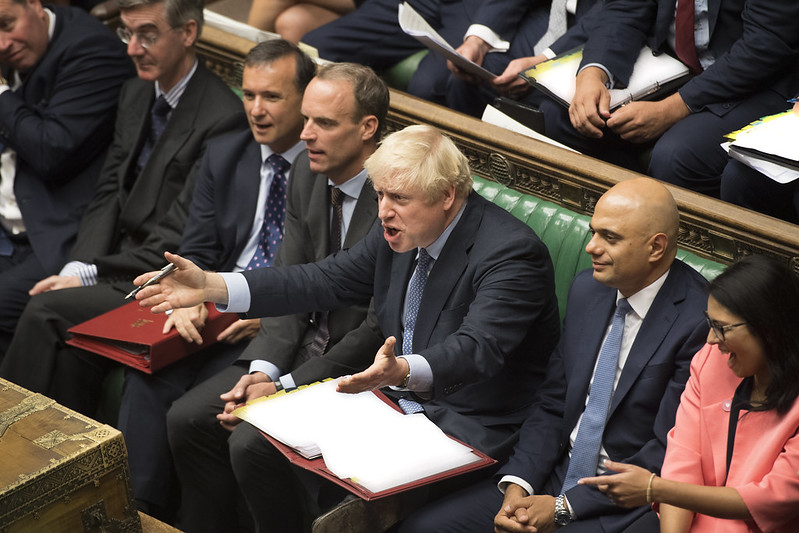The judge’s part is done, now its up to the press and parliament. Can the press convince politicians they are capable of reform? Or will the government decide it needs powers to control the press?

Newspapers [Shutterstock]
Already, the jockeying for position has begun. Labour leader Ed Miliband has suggested that he will “accept” the Leveson recommendations — perhaps recklessly, considering he has not, to our knowledge seen them yet. Senior conservatives such as Michael Gove and William Hague have implied wariness of anything the judge might come up with, with Hague saying he would “err on the side of free expression”.
What emerged during the Leveson Inquiry is no less shocking for the retelling. Lord Justice Leveson heard harrowing accounts of phone hacking and intrusion, of newsrooms that appeared to have lost any sort of ethical bearing, and of unnervingly intimate relations between politicians and media executives. The need for change is genuine, and urgent.
So what’s actually at stake in the coming months? The question most discussed is “statutory regulation or not?” Or, in simpler terms — Should the government create a law that will decide how the press is regulated?
It’s important to state the issue simply. Over the past year, the Leveson orbit has developed its own subculture and jargon, with angels-on-pinheads arguments on issues such as the difference between self regulation and independent regulation.
If parliament is allowed to create a specific press law then a precedent is set whereby politicians may feel they have the right to meddle with press freedom, for party political reasons or short term gain. Even a “light dab” of statute could create a level of parliamentary power over the press. Maintaining a positive image is vital for politicians, and they may find themselves tempted to pressurise papers, who in turn may feel less free to criticise our leaders — a crucial function of a free press.
Members of the press are already subject to restrictions on free expression: that is, the same restrictions everyone in the country is subject to. A law relating specifically to the press creates a kind of licensing, meaning that journalists would potentially face more restrictions on their right to speak freely than the average Briton.
So what do we do? Several newspaper proprietors and editors have come up with suggestions for independent regulation “with teeth”, in the hope of convincing the government that the industry can clean up after the disastrous and disturbing News of the World phone-hacking scandal. There are rumours that David Cameron is willing to give the press “one last chance” to put its house in order.
It’s important that the press shows willing here. The population was rightly horrified by the breaches exposed in the Inquiry, and newspapers, with trust at an all time low, must themselves make the case for high standards, good governance and common decency throughout the industry.
Whether the press is really in the last chance saloon or not, it’s vital that the government steps back from statute, and that the press makes a convincing case that it is really capable of reform.
Padraig Reidy is news editor at Index. He tweets at @mepadraigreidy




